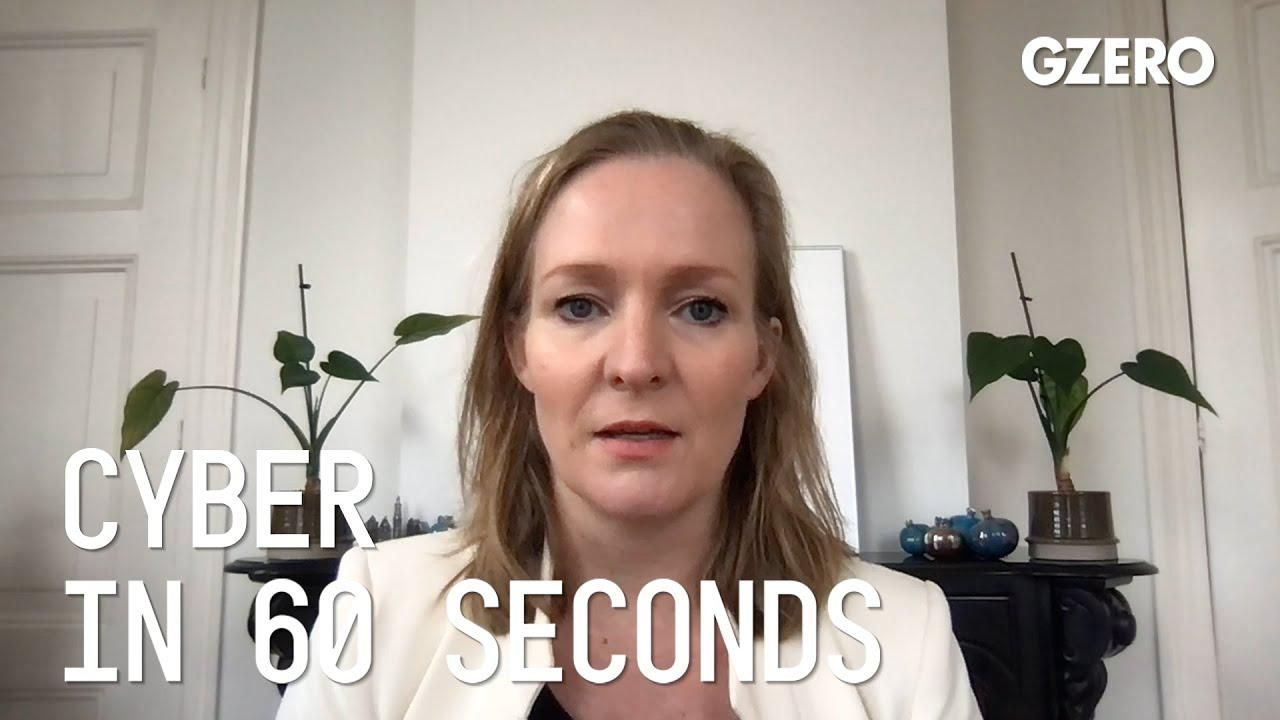
Marietje Schaake, International Policy Director at Stanford's Cyber Policy Center, Eurasia Group senior advisor and former MEP, discusses the Ukraine conflict from the cybersecurity perspective:
These are dark and bitter times. We've just seen Russia starting a completely unjustifiable war with disproportionate force against Ukraine and these acts of aggression that we see, threats on the foundations of a rules based order and of our own freedoms in democracies worldwide. Yes, to all this aggression, there is also a cyber dimension.
Cyber warfare is clearly a major part of the Russia Ukraine conflict, but cyber weapons are notoriously hard to control.
What is the risk that hackers at war in Eastern Europe could wind up, intentionally or not, wreaking havoc in the West or beyond?
Now in terms of the deployment of tools to attack digital infrastructure and systems, going with what we have seen so far, attacks on Ukraine have already wreaked havoc on the West. Whether it was the NotPetya attack or attempts to manipulate the US presidential election, old KGB tactics are an integral tool in Putin's toolbox. So we shouldn't think of cyberwar as something separate or detached from the broader conflict confrontation, escalation and geopolitical agenda. And there is also this disinformation element woven through all aspects of the confrontation coming from Russia. Not to forget that in Europe today, as well as in the United States, Vladimir Putin has allies in political office. So sometimes I wonder with friends like these, who needs enemies?
- Constant Russian attacks on Ukraine in cyberspace - GZERO Media ›
- How Russian cyberwarfare could impact Ukraine & NATO response ... ›
- Russian cyber attack could trigger NATO's Article 5, warns NATO ... ›
- How Russian cyberwarfare could impact Ukraine & NATO response - GZERO Media ›
- Watching Russia: cyber threats & disinformation - GZERO Media ›